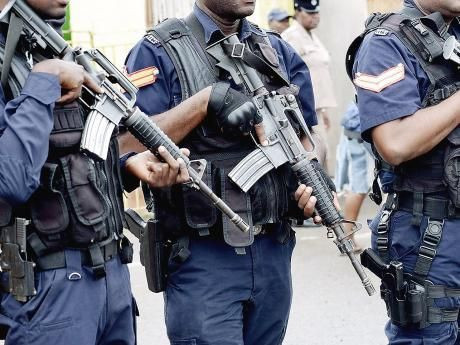
Jamaican Prime Minister Andrew Holness has declared a state of emergency in 12 parishes of the island nation, including Montego Bay and the capital of Kingston, amid ongoing gang violence.
“We have some really serious criminal threats facing us, and we have to use all the powers at our disposal,” Holness said in a televised address.
Holness’s decision to put the country into a state of emergency has drawn criticism by political opponents and human rights activists. Under the executive power, law enforcement and military officials have the right to arrest citizens on site and search buildings without warrants. Jermaine Young, a former professor at Harvard and emergency powers expert, says that the Jamaican police and military have a history of “unlawful mass extended detentions, extrajudicial killings and internal renditions” during states of emergency.
They are both supporters and opposers for the action taken by Holness. Police Chief Major General Anthony Johnson, a defender of the emergency, made note of a 64% decrease in killings during a smaller public emergency. One citizen even stated, “I feel very comfortable because [the authorities are] here to serve and protect our community,” while another disapproved.
“You can’t use a problem to solve a problem.”
The cause of violence can be traced back to gangs that have been linked to political parties. Over the past year, 1,421 murders have occurred in Jamaica, 46 more than last year. Holness says that he will meet with security officials in the U.S. to discuss ways to reduce the violence.
© 2025 Latin Times. All rights reserved. Do not reproduce without permission.




